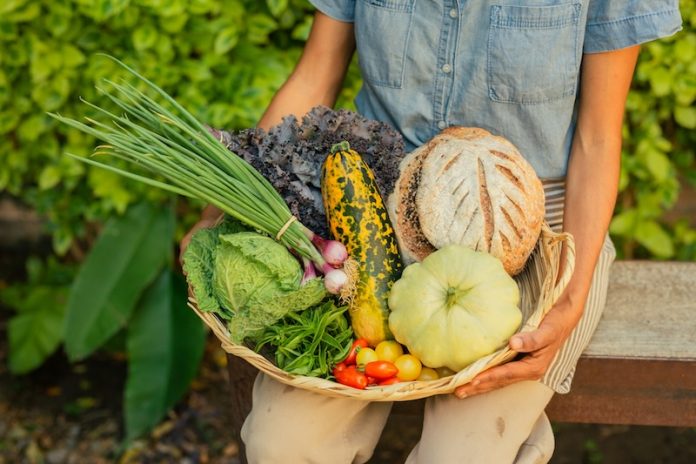
Diabetes can cause serious complications over time, including damage to the kidneys. Around one in four people with diabetes will eventually develop diabetic nephropathy, a condition where the kidneys lose their ability to function properly.
In advanced cases, patients may need dialysis, a treatment that removes waste from the blood when the kidneys can no longer do the job. There is currently no cure for this condition, and it is a leading cause of chronic kidney diseaseand heart disease in the United States.
However, a recent study from AlMaarefa University suggests that a natural compound found in certain vegetables may help reverse kidney damage caused by diabetes.
Researchers focused on a substance called phenethyl isothiocyanate (PEITC), which gives a pungent or spicy taste to some cruciferous vegetables. This compound is most concentrated in watercress, but it is also found in broccoli, turnips, and radishes.
The researchers tested PEITC in rats that had diabetic nephropathy. Their results showed evidence that PEITC may help repair kidney damage caused by diabetes. This suggests that eating more vegetables containing this compound could help protect kidney function in people with diabetes.
This is not the first time researchers have looked at vegetables as a way to fight diabetes-related kidney disease. Earlier studies suggested that sulforaphane, another compound found in cruciferous vegetables, could also reduce kidney damage in diabetes.
The new study strengthens the idea that certain plant-based compounds might play a role in protecting kidney health.
Researchers believe PEITC could be an important natural way to manage one of the most serious complications of diabetes. Since PEITC is already found in common vegetables, it may offer a simple and accessible way to improve health.
However, further studies are needed to confirm these findings and understand exactly how PEITC can be used to prevent or treat kidney damage in diabetes.
This research, conducted by Mohamed El-Sherbiny and his team, was presented at the American Association for Anatomy annual meeting.
The findings suggest that adding more watercress, broccoli, turnips, and radishes to the diet could support kidney health and possibly reduce the risk of diabetic kidney disease in the future.
If you care about diabetes, please read studies about bananas and diabetes, and honey could help control blood sugar.
For more health information, please see recent studies about Vitamin D that may reduce dangerous complications in diabetes and results showing plant-based protein foods may help reverse type 2 diabetes.
Copyright © 2025 Knowridge Science Report. All rights reserved.



